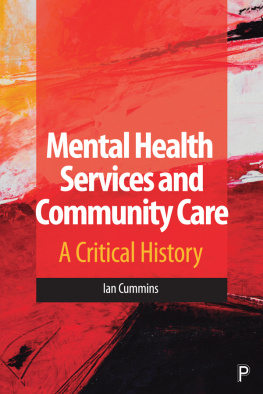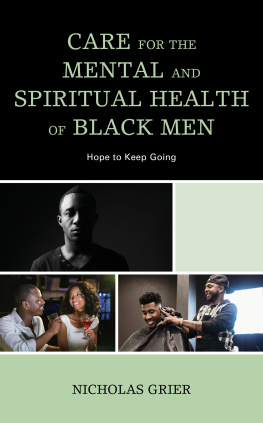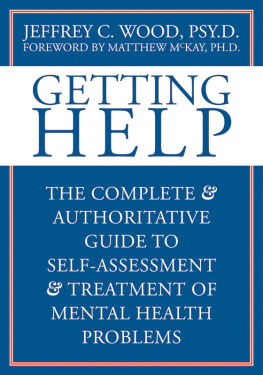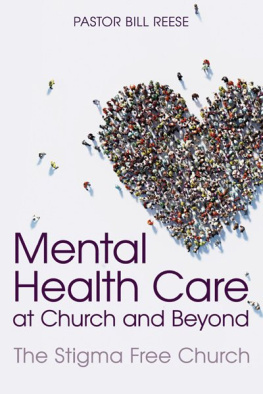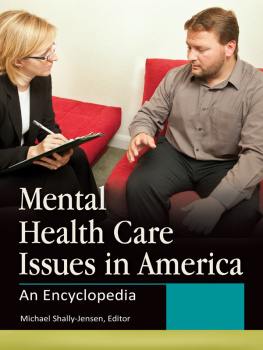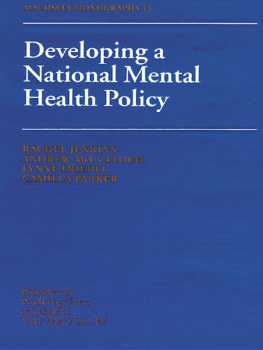I re-commenced academic life in 1998 when our daughter was two-and-a-half years old, having suspended my academic role shortly before she was born. The combination of the demands of this project and my other academic responsibilities with my domestic commitments made life quite demanding.
With the benefit of hindsight, I believe now that this mix of academic and domestic responsibilities involved unconscious applications of Grossmans household production theory and Beckers theory of the allocation of time. Since I restricted my absences from home predominantly to teaching and student consultation (with the remainder of my academic responsibilities undertaken at home), most of the week involved allocating, and constantly re-allocating, time inputs at home between academic and domestic responsibilities. Some parts of this manuscript were drafted under circumstances that were a little bit different. On two afternoons a week, a very capable young lady with nanny skills came to our home; this was a lovely experience for our daughter, and usually a (little) friend or two. This young lady and I had a mutual preference, both being drawn to the idea that I should be home, not to be hovering but just for Mum to be around. Hence, I worked nearby the fun, focussing upon this manuscript (well, ninety per cent). Books such as this are often written in the peace and quiet of a university library or in the time of reflection that often accompanies the still of the night. However, only parts of this book came into existence under such ideal conditions.
When, one day, it all seemed too hard, and I felt like giving the project away, my thoughts turned to the people about whom this book is written. I considered the lives that many lead and I thought about how so few of them enjoy complete cure, i.e. for many, whether or not to have their illness is not an option, and life is a daily struggle. With this in mind, I felt I could push on and complete the project.
Several months later, the project took another turn. I asked the person who had supervised my thesis, Darrel Doessel, to join me as the co-author. Darrel and I had maintained our communication over the conceptual work contained in this book for several years and, even during the period when I was the books sole author, Darrel had kindly begun reading drafts. For Darrels input, then, to be formalised and expanded was just a natural step (which he made somewhat reticently). Over the eighteen months of co-authorship thatensued, parts of the manuscript re-formed and it has become a joint piece. While some parts of the manuscript have still remained the work of one or the other of us, a large portion of the final draft became a joint output. Our inputs had become very entwined. I feel extremely appreciative of Darrels contribution: it is one that is, as always, very scholarly and highly stimulating.
My joint role in family and academic life, over some years now, led me to some particular thoughts for the Acknowledgements of this book. Often in such Acknowledgements, there are words about the authors family that read something like this: without whom this book would not have been written. Such words do not apply too well here. It is the stark truth that this book certainly would have happened considerably faster without them! Yet my household role, influenced by the nebulous boundaries of family life, involves very important work too; despite the book taking longer to complete than I had thought, there is one other stark truth: the wonderful presence and support of my family has been a great encouragement to me. And so it is that the preciousness of my husband and our daughter makes living, writing a book, being around for a small child, and even cleaning the fridge, worthwhile.
Ruth Williams
Kyneton, Australia


